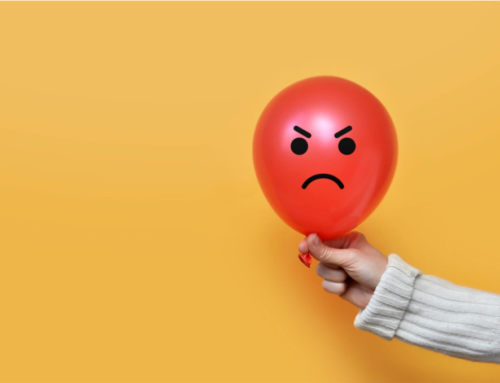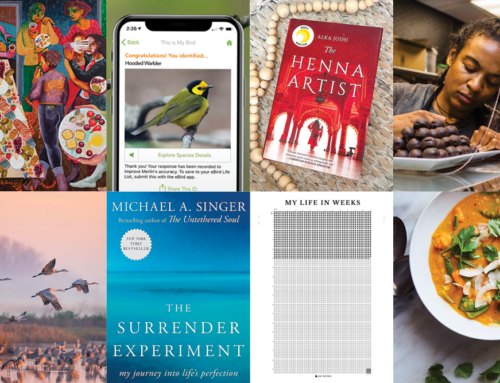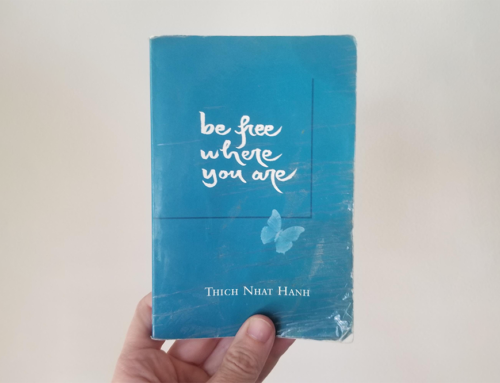In Traditional Chinese Medicine (TCM), the immune system is called Wei Qi (pronounced “way chee”). The Wei Qi is closely associated with the internal organs, specifically the lungs. When the energy of the lungs is well-balanced, Wei Qi is strong and can easily fight off any external attacks. In Traditional Chinese Medicine, the lungs dominate the skin and breathing. If lung function is deficient or compromised in any way, then the body is more open to external pathogens like viruses and bacteria. Common symptoms of decreased Wei Qi or immunity include coughing, sneezing, runny nose, watery eyes, sore throat, headaches, fever and/or chills.
How Can Wei Qi Be Damaged?
Wei Qi, or protective energy body border, can be injured in many ways:
- Poor food (GMO’s, sugars, refined foods, toxic or addictive foods)
- Emotional Stress: fear, anger, grief, worry, guilt, blame
- Negative home environment or contact with negative people.
- Distraction or lack of focus
- Dullness or depression
- Low self-esteem, lack of self-worth
- Lack of exercise
- Lack of fresh air
- Exposure to wind or excessive cold air
- Lack of sleep
- Illness
- Arrogance – such as thinking “I know”
- Alcohol, Drugs, and Smoking
How Can Wei Qi Be Strengthened?
TCM and all of its modalities can be very helpful in staying well and healthy. When added to the practices of proper sleep and nutrition, drinking lots of water and mild exercise, TCM will help keep the body’s immune system healthy. And hopefully if illness does occur, it will only be mild.
Moxibustion in particular is a great is way to strengthen Wei Qi, the body’s defensive energy. The heat generated by burning dried mugwort near specific acupuncture points helps invigorate the flow of Qi and blood, promoting a balanced and robust immune response.
Acupuncture points associated with Wei Qi can strengthen the circulation of energy and blood, which will then boost the body’s defense mechanisms, thus helping to prevent illness. Regular acupuncture treatments can also cause the brain to increase T-cells in the body. T-cells destroy bacteria and viruses. Acupuncture needles provoke the body’s immune response by sending T-cells and white cells to the needle sites to fight off the invaders. These effects can last for several days, which keeps immunity higher than normal.
Chinese botanicals are another great way to build up Wei Qi. Any herb or herb combination that boosts or enhances the immune system will keep the body functioning at its optimal level. In TCM, there are many individual herbs that boost the Qi and some specifically boost the Wei Qi. Astragalus (huang qi) is one of the more frequently used Chinese herbs. It is used to tonify the Wei Qi, fortify the lungs and protect against pathogens. Studies show huang qi increases white blood cells, which can help fight off infection and pathogenic invasions.
Cordyceps (dong chong xia cao) is another immune-boosting herb. Cordyceps enhances immunity by increasing white blood cells, T-cells and interferon. It also can inhibit the growth of cancer cells. While cordyceps works very well by itself, it works even better when used as part of a formula, as do most Chinese herbs. When looking to use Chinese herbs, be sure to seek out a qualified herbalist and TCM practitioner to ensure overall safety of the herb or formula.
Sources:
What’s Protective Wei Qi? How Can I Build it? from Five Seasons Medicine
Building Protective Qi with TCM from Kokin Healing Center




